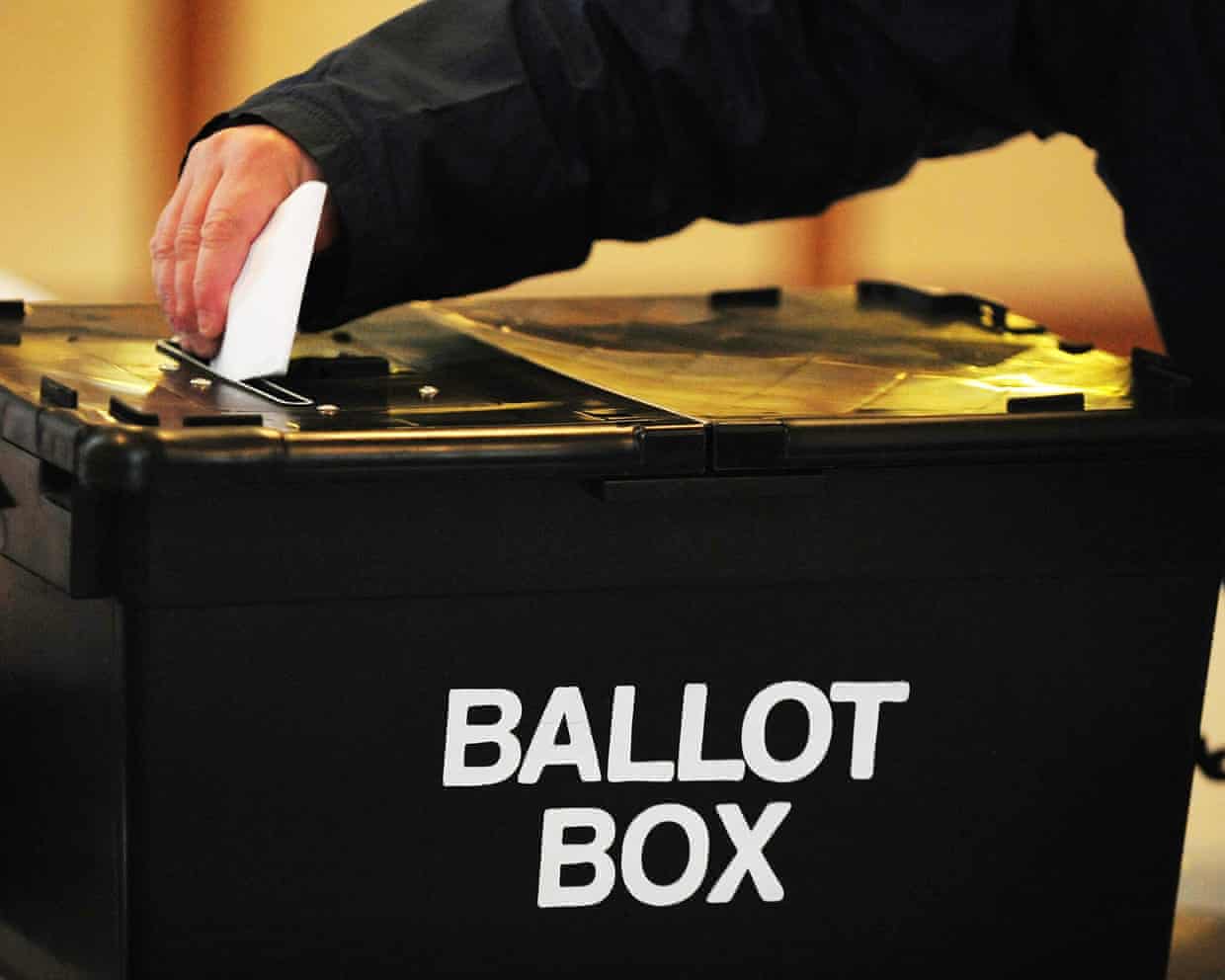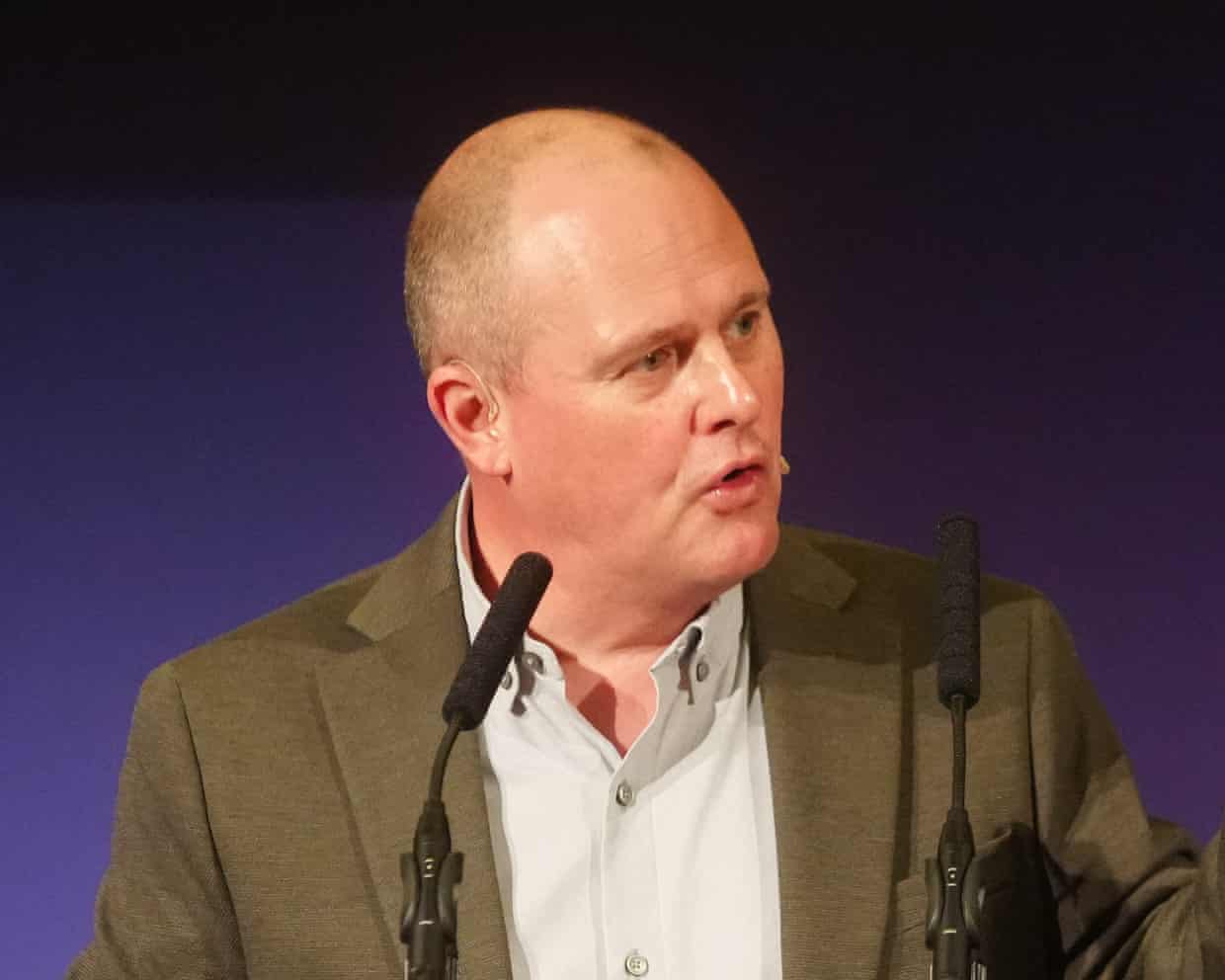Bro boost: women say their LinkedIn traffic increases if they pretend to be men

Do your LinkedIn followers consider you a “thought leader”? Do hordes of commenters applaud your tips on how to “scale” your startup? Do recruiters slide into your DMs to “explore potential synergies”?If not, it could be because you’re not a man.Dozens of women joined a collective LinkedIn experiment this week after a series of viral posts suggested that, for some, changing their gender to “male” boosted their visibility on the network.Others rewrote their profiles to be, as they put it, “bro-coded” – inserting action-oriented online business buzzwords such as “drive”, “transform” and “accelerate”.Anecdotally, their visibility also increased.The uptick in engagement has led some to speculate that an in-built sexism in LinkedIn’s algorithm means that men who speak in online business jargon are more visible on its platform.
Like most large social media platforms, LinkedIn uses an algorithm to determine which posts it shows to which users – boosting some, and downgrading others,In a blog post on Thursday, LinkedIn acknowledged the trend, but said it did not consider “demographic information” in deciding who gets attention,Instead, it said, “hundreds of signals” factor into how a given post performs,“Changing gender on your profile does not affect how your content appears in search or feed,” a spokesperson said,Be that as it may, the anecdotes are piling up.
“It has certainly been exciting,” said Simone Bonnett, an Oxford-based social media consultant who changed her pronouns to “he/him” and her name to “Simon E” on LinkedIn earlier this week.“The kind of stats that I’m seeing at the moment are a 1,600% increase in profile views, which is wild if you think about what social media views look like at the moment, and a 1,300% increase in impressions.Also wild reach stats.”Megan Cornish, a communications strategist for mental health tech companies, said she started experimenting with her LinkedIn settings after seeing her reach on the platform decline precipitously earlier this year.First she changed her gender to “male”.
Then she told ChatGPT to rewrite her profile in “male-coded” language, based on a LinkedIn post suggesting the platform favours “agentic” words such as “strategic” and “leader”.Finally, she asked ChatGPT to rewrite old, badly performing posts from several months ago in similarly “agentic” language, figuring that recycling old, reworked content would help her isolate what effect “bro-coding” was having on her reach.Things went great.Almost immediately, Cornish’s reach on LinkedIn spiked, increasing 415% in the week after she trialled the changes.She wrote a post about the experience, and it went viral, racking up nearly 5,000 reactions.
The problem was, she hated it.Before, her posts had been “soft”, she said.“Concise and clever, but also like warm and human.” Now, bro-Megan was assertive and self-assured – “like a white male swaggering around”.She gave up after a week.
“I was going to do it for a full month.But every day I did it, and things got better and better, I got madder and madder.”Not everyone had the same experience as Cornish and Bonnett.Cass Cooper, a writer on technology and social media algorithms, said she changed her gender to “male” – and then her race to “white” (Cooper is Black).The overall result, she said, was a decline in her profile’s reach and engagement – an experience other women of colour on the platform have also discussed.
“We know there’s algorithmic bias, but it’s really hard to know how it works in a particular case or why,” she said,While the LinkedIn experiments were “frustrating”, she said she believed they were a reflection of broader society-wide biases,“I’m not frustrated with the platform,I’m more frustrated with the lack of progress [in society],”Users have been rumbling about LinkedIn’s weird position as a quasi-business, quasi-social network for some time, ever since the pandemic blurred professional boundaries and injected more oversharing into work.
LinkedIn’s occasional tendency to elevate extreme “bro-coding” is best illustrated by social media accounts recording the excesses of the platform.These latest “bro-coding” experiments, however, have their origins in what Cornish, Bonnett and others describe as algorithm changes in recent months that have caused female creators in particular to have markedly less visibility.This led to a series of informal experiments earlier this year, in which women and men in parallel industries posted the same content – and the men got drastically more reach.LinkedIn uses an AI system to classify posts to its feed, it says, deciding how to disseminate them based on their content, as well as the poster’s professional identity and skills.It evaluates its algorithms regularly, it says, including “checks for gender-related disparities”.
A spokesperson for LinkedIn suggested that a recent decline in certain users’ reach came from a far higher volume of content on the network, adding that there had been a 24% increase in comments and a commensurate spike in video uploads in the past quarter,Bonnett said the “bro-coding,” in her experience, was on the rise,“You always think of LinkedIn as being more genteel, more businesslike,It’s not like that any more,It’s starting to become the wild west.
”

Novo Nordisk shares slide after Ozempic pill fails in Alzheimer’s trials
Novo Nordisk shares slumped on Monday after the drugmaker said the pill version of its weight-loss drug Ozempic had failed to slow the progression of Alzheimer’s disease in two large studies.The Danish company said patients who took the drug did not see their disease progress more slowly, dashing hopes for a new use for the blockbuster diabetes drug.Shares in Novo, which are listed in Copenhagen, dropped by more than 10% in early trading on Monday.The pharmaceutical company has grown to be one of the biggest in Europe on the back of the success of its semaglutide-based drugs, Ozempic and weight-loss jab Wegovy. But it has lost more than half its value this year amid concerns that it cannot win back its early lead in the market

‘Friends end up blocking you’: Northwestern Mutual sold college grads a dream job. They left in ruin and debt
Expecting to be financial advisers at the Fortune 500 firm, some hires say they were ‘gaslit’ into peddling ‘terrible’ life insurance to all their contactsNorthwestern Mutual likes to think of itself as a storied American institution offering specialized financial advice. The 168-year-old financial giant, ranked 109 on the Fortune 500, and regularly anointed one of the World’s Most Admired Companies by the magazine, describes its financial advisers as “expert listeners” or a “trusted partner who helps you continue to reach goal after goal”.It also tops Forbes’s list of Best Employers for New Grads, a title that makes it attractive to hundreds of college students desperate for an internship that could launch them into a career in financial services. Each year they file into Northwestern’s glassy offices across the country for a three-month internship that they hope could change their lives. There, they are slotted in beside thousands of full-time “financial representatives”, many of them recent graduates themselves

Civil liberties groups call for inquiry into UK data protection watchdog
Dozens of civil liberties campaigners and legal professionals are calling for an inquiry into the UK’s data protection watchdog, after what they describe as “a collapse in enforcement activity” after the scandal of the Afghan data breach.A total of 73 academics, senior lawyers, data protection experts and organisations including Statewatch and the Good Law Project, have written a letter to Chi Onwurah, the chair of the cross-party Commons science, innovation and technology committee, coordinated by Open Rights Group, calling for an inquiry to be held into the office of the information commissioner, John Edwards.“We are concerned about the collapse in enforcement activity by the Information Commissioner’s Office, which culminated in the decision to not formally investigate the Ministry of Defence (MoD) following the Afghan data breach,” the signatories state. They warn of “deeper structural failures” beyond that data breach.The Afghan data breach was a particularly serious leak of information relating to individual Afghans who worked with British forces before the Taliban seized control of the country in August 2021

Meet the AI workers who tell their friends and family to stay away from AI
When the people making AI seem trustworthy are the ones who trust it the least, it shows that incentives for speed are overtaking safety, experts sayKrista Pawloski remembers the single defining moment that shaped her opinion on the ethics of artificial intelligence. As an AI worker on Amazon Mechanical Turk – a marketplace that allows companies to hire workers to perform tasks like entering data or matching an AI prompt with its output – Pawloski spends her time moderating and assessing the quality of AI-generated text, images and videos, as well as some factchecking.Roughly two years ago, while working from home at her dining room table, she took up a job designating tweets as racist or not. When she was presented with a tweet that read “Listen to that mooncricket sing”, she almost clicked on the “no” button before deciding to check the meaning of the word “mooncricket”, which, to her surprise, was a racial slur against Black Americans.“I sat there considering how many times I may have made the same mistake and not caught myself,” said Pawloski

England batters opt out of pink-ball warm-up match despite first Ashes Test failures
To hell with the optics was the message from England on Monday after confirmation that none of the players who collapsed to the shattering two-day defeat in the first Ashes Test will change tack and travel to Canberra.In a move that risks drawing further ire, only Jacob Bethell, Josh Tongue and Matthew Potts – all unused in Perth – will join the Lions at Manuka Oval, where Andrew Flintoff’s shadow touring party will take on a Prime Minister’s XI in a two-day floodlit fixture that starts on Saturday.Cricket Australia originally slated the fixture for England’s first team as a warm-up for the day-night second Test that starts in Brisbane on 4 December, only to be informed a number of weeks ago that the Lions would be taking their place instead. It was felt the ground’s slow pitch would not prepare the players adequately before the traditional bounce of the Gabba.Although the head coach, Brendon McCullum, did then offer individuals the chance to divert to Canberra after the defeat in Perth, only three fringe players took up the offer

Tom Brady’s part-time side hustle with the Raiders is an unholy mess
The most successful quarterback of all-time approached his playing career with ruthless focus. He could do with the same intensity in his retirement projectsTom Brady played for 23 NFL seasons with a single, maniacal goal: to become the greatest quarterback who ever lived. He achieved it. Now, in retirement, Brady has dabbled in everything. He calls games for Fox

Politicians urge Labour to restore Electoral Commission independence

Farage urged to explain conspiracy theories linked to antisemitism he voiced in US media

David Cameron reveals prostate cancer diagnosis and calls for targeted screening

Unions urge Reeves to prioritise living standards as CBI presses for shift on employment rights

Boris Johnson took four days off as NHS warned Covid could ‘overwhelm’ system

Twenty people allege he has a racist past. He denies it. Who’s telling the truth about Farage’s schooldays?